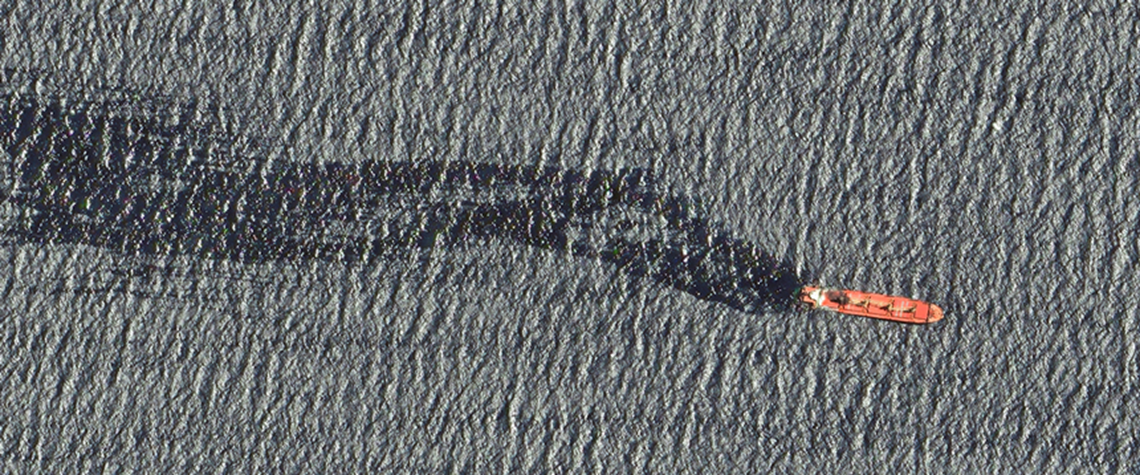Letter from London: IE Week highlights east-west splits
Houthi actions in the Red Sea are compounding the market dislocations stemming from sanctions
International Energy Week (IE Week) in London in February took in a wide range of topics, while once again maintaining a strong focus on the energy transition. And after a number of related industry events were disrupted by climate change protesters in 2023, this year the IE Week organisers sought to head off such disturbances by including protest group members on panels and sessions. But other forms of division also became starkly apparent during the event, as various presentations and speakers demonstrated how a combination of Mideast conflict and ongoing sanctions have effectively split key energy sectors into separate—or at least partially disconnected—markets. The Houthi interdictions i

Also in this section
26 July 2024
Oil majors play it safe amid unfavourable terms in latest oil and gas licensing bid rounds allowing Chinese low-ball moves
25 July 2024
Despite huge efforts by India’s government to accelerate crude production, India’s dependency shows no sign of easing
24 July 2024
Diesel and jet fuel supplies face a timebomb in just four years, and even gasoline may not be immune
23 July 2024
Rosneft’s Arctic megaproject is happening despite sanctions, a lack of foreign investment and OPEC+ restrictions. But it will take a long time for its colossal potential to be realised







